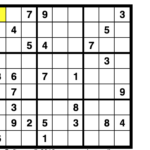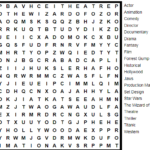 Research continuously allows us to learn about Alzheimer’s and sheds light on ways we can try to prevent or delay this disease. A recent study revealed how daily walking or movement can help maintain brain health and memory.
Research continuously allows us to learn about Alzheimer’s and sheds light on ways we can try to prevent or delay this disease. A recent study revealed how daily walking or movement can help maintain brain health and memory.
How can walking help improve your memory?
A recent project conducted by the University of Melbourne studied the habits and memories of 387 women for twenty years. Alzheimer’s is a progressive illness that develops over two to three decades. This particular study looked closely at younger women between 45-55 years old, as opposed to previous studies that researched seniors.
Researchers measured cognitive function at the beginning of the study and at intervals throughout the 20 year study. They collected data on lifestyle like diet, physical activity, education, employment, marital status, and smoking. Cholesterol, hormone levels, height, weight, body mass index (BMI) and blood pressure were measured as well.
Some of the women reported participating in exercise on a daily basis while others did not. Those who moved in some way every day were less likely to suffer from memory loss in their 60s and 70s compared to those who had led sedentary lifestyles or exercised only once a week.
What is interesting about this lifestyle study is that the active women were not necessarily gym users or active runners. The study showed that a little activity, everyday, goes a long way. Regular physical activity like walking around the block on a daily basis proved to be the most effective way to preserve brain health and deter age-related memory loss.
What can you do to maintain your brain health?
No matter what your age, you should feel encouraged to take steps now that may benefit your brain health and memory in the future. Any type of daily physical activity can help.
Start working to protect your memory by taking a simple walk around the block. Leg or joint pain? Swimming can be a good alternative. Just get moving and be encouraged knowing you’re working toward possibly preserving your brain health for the long term.
Revisit HealthyBrains.org and the exercise pillar for more brain health exercise tips.









